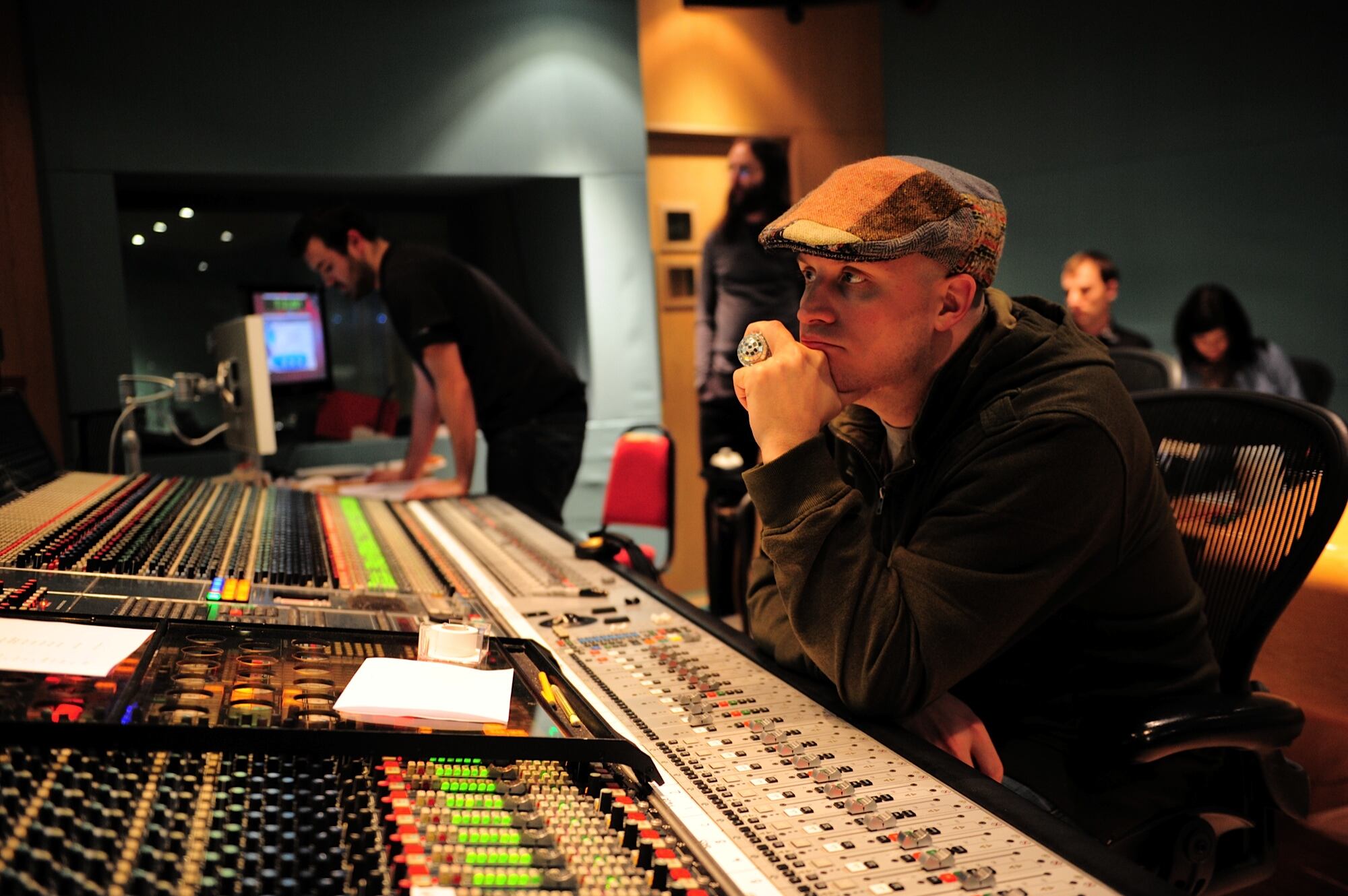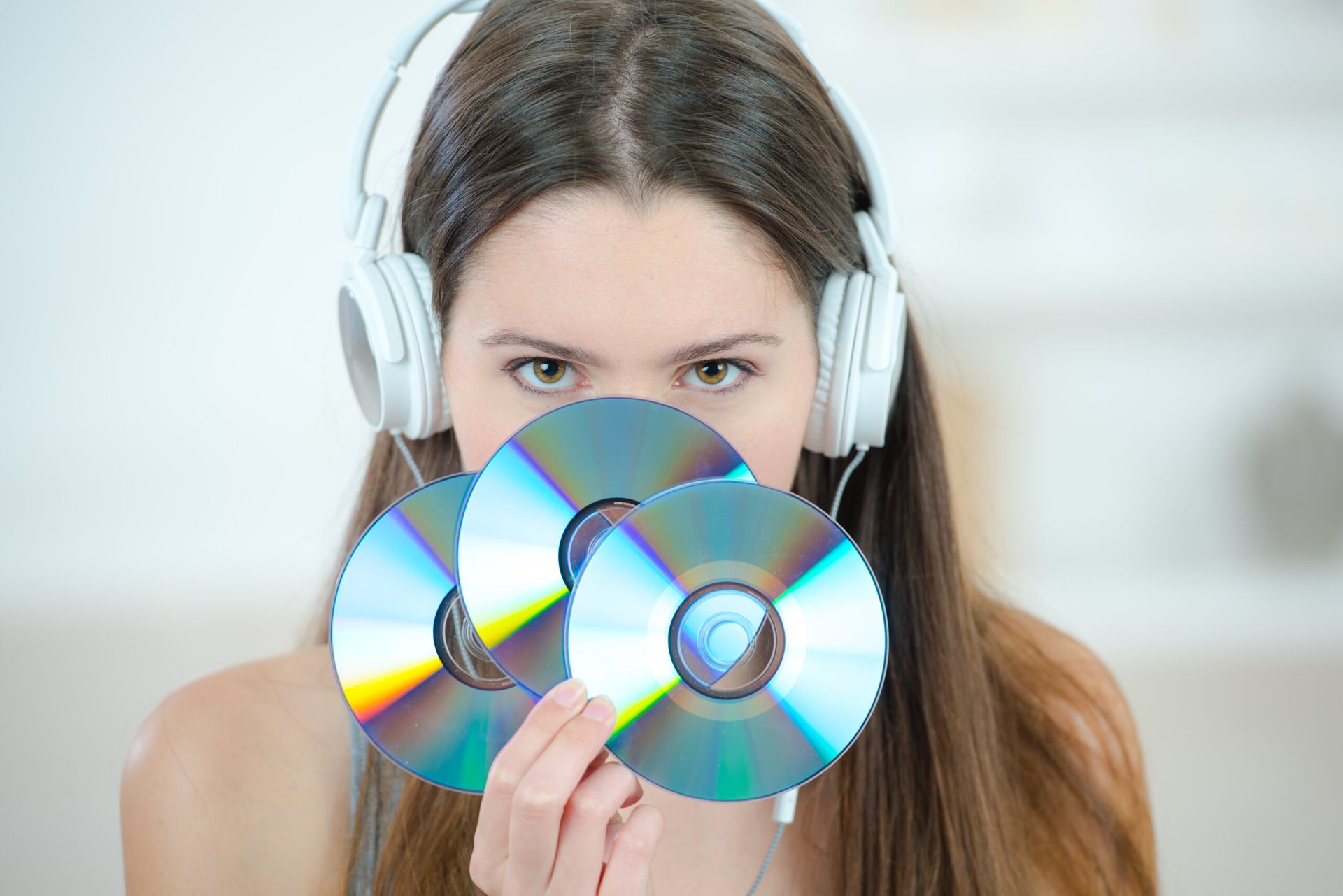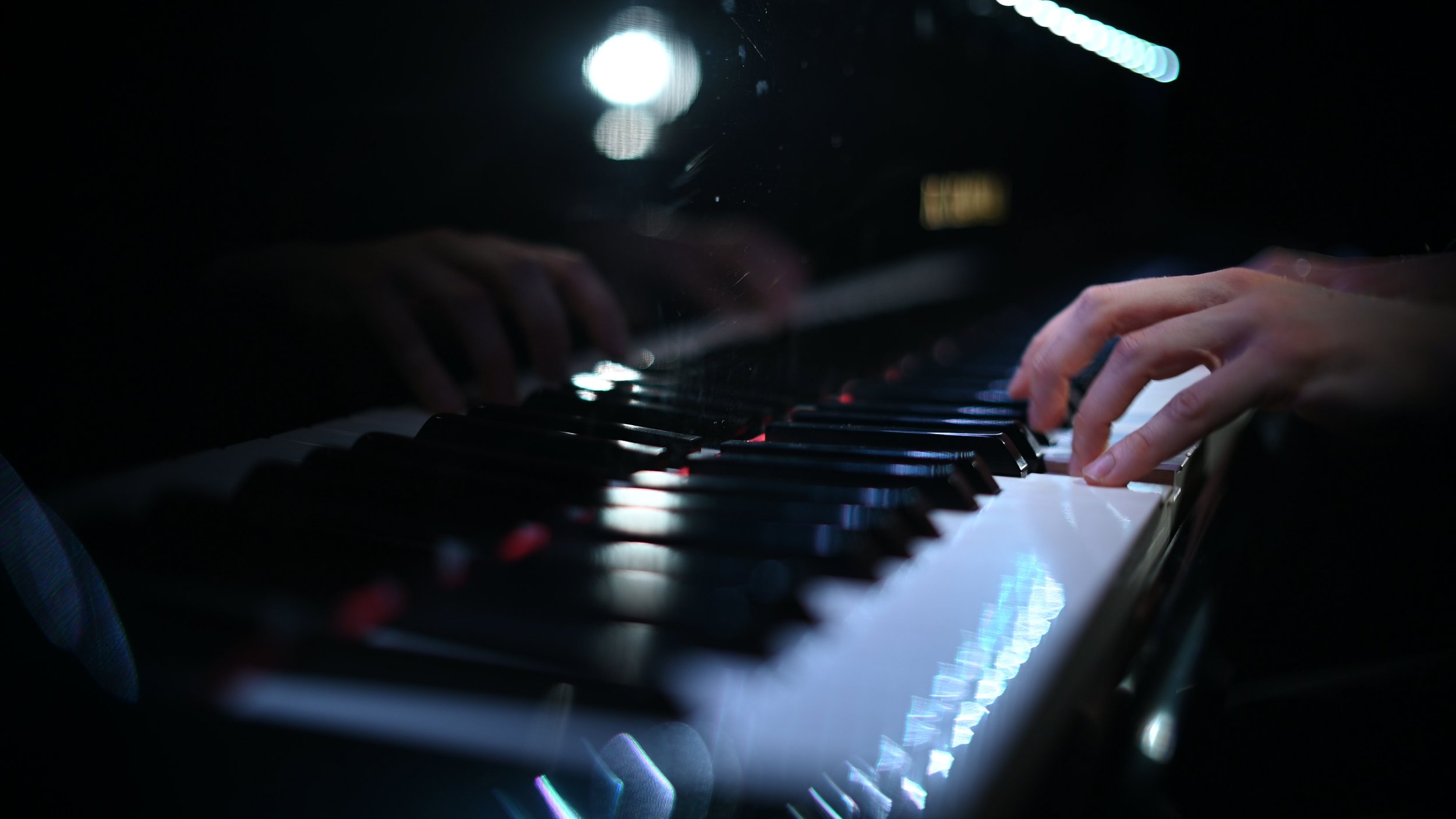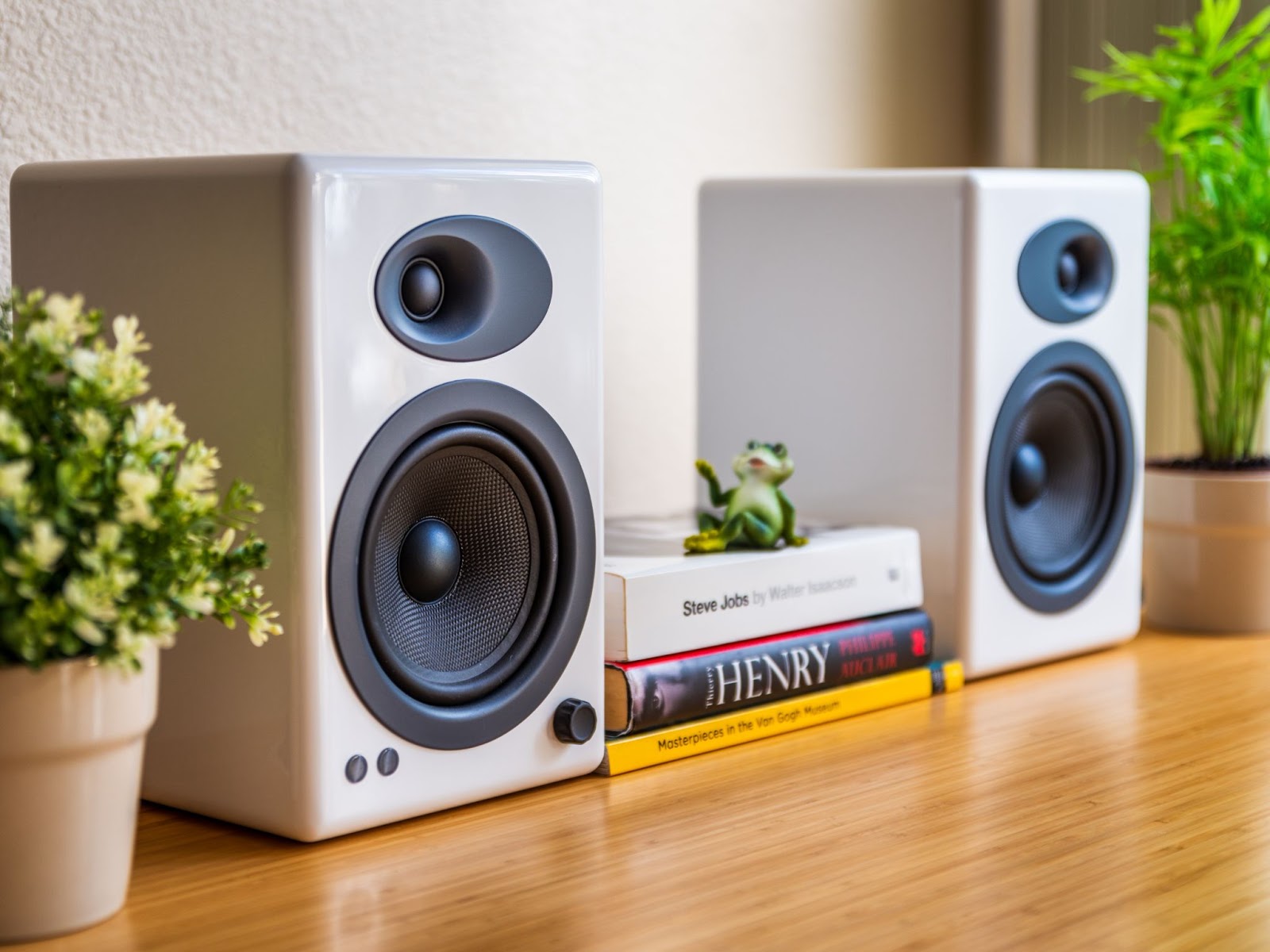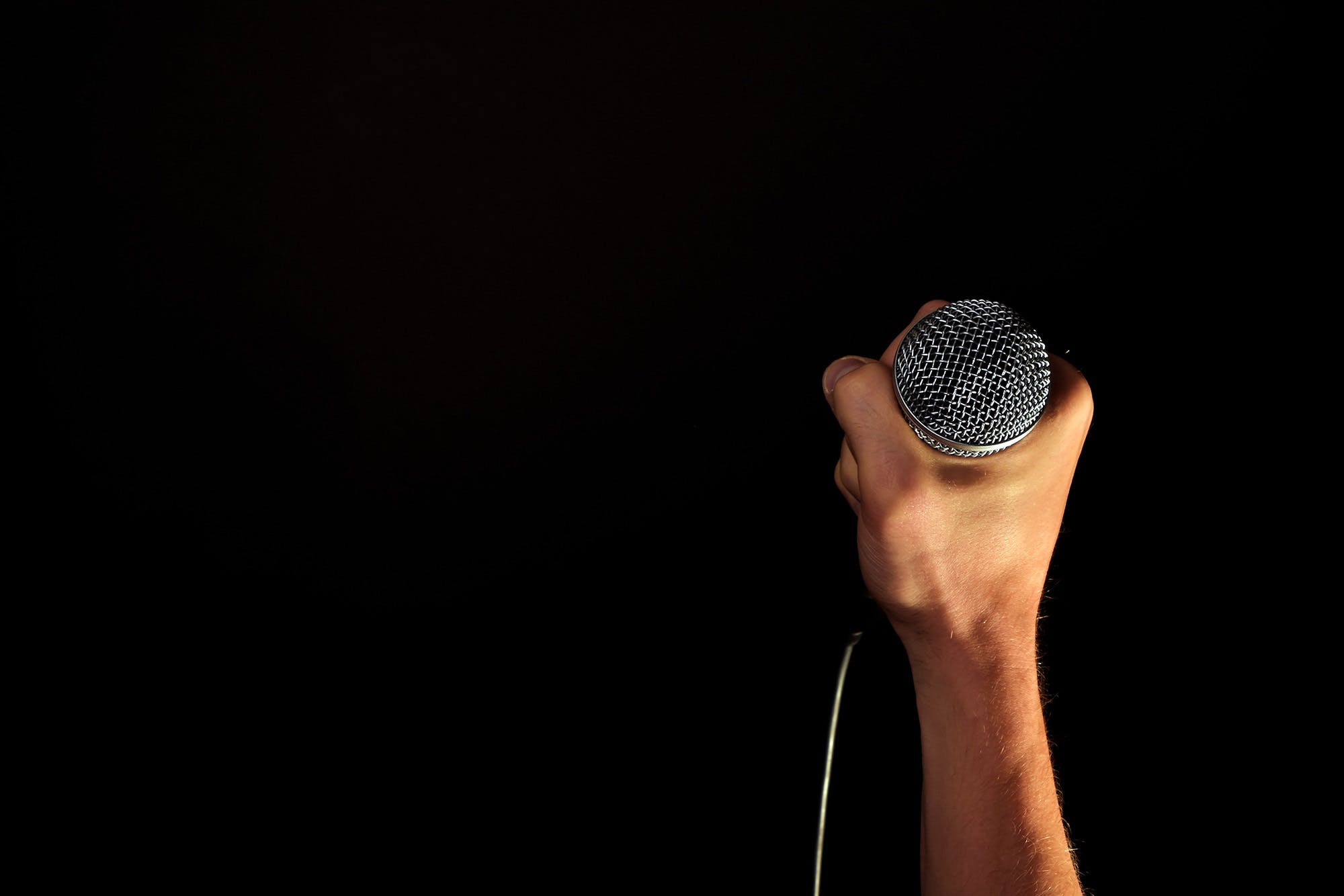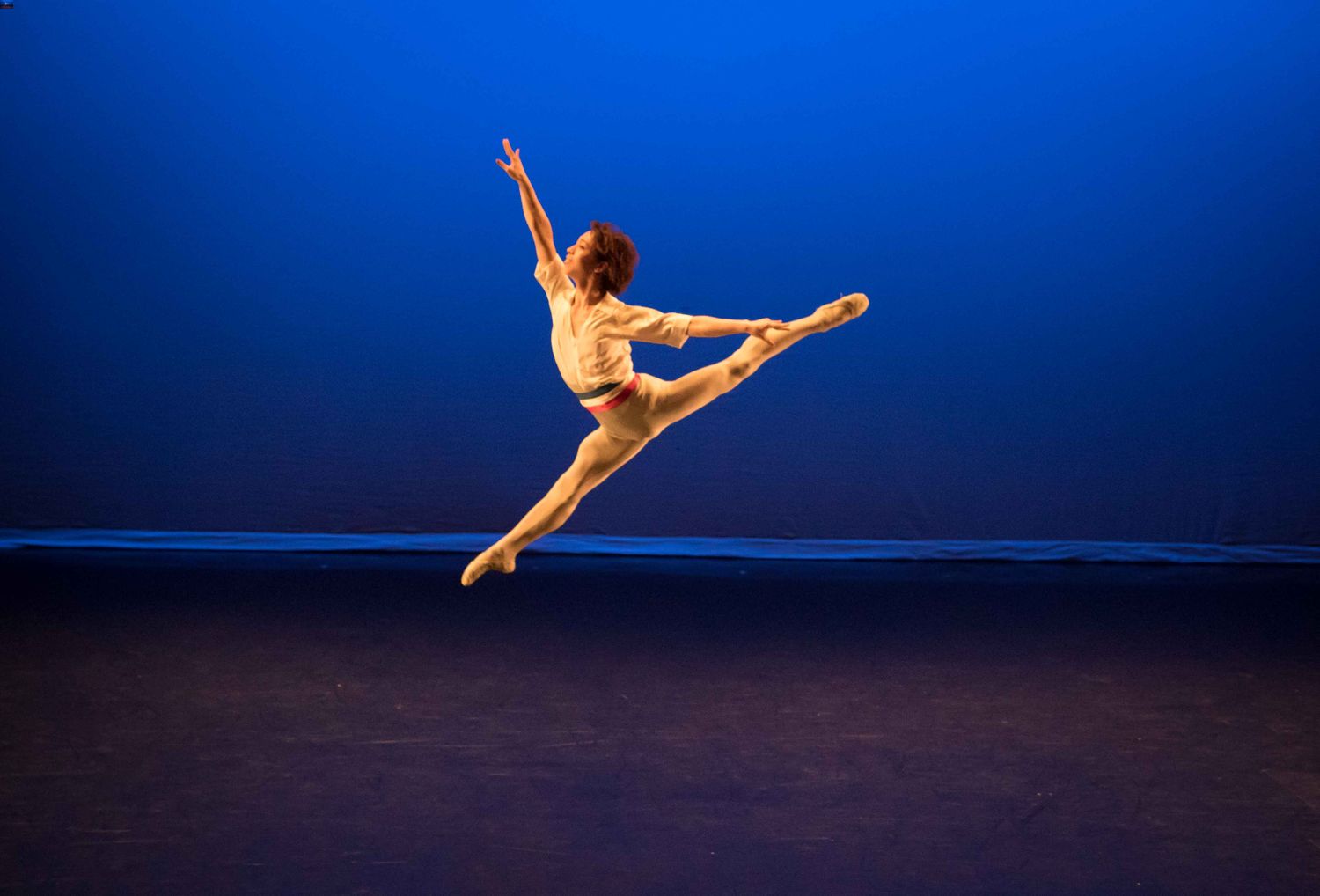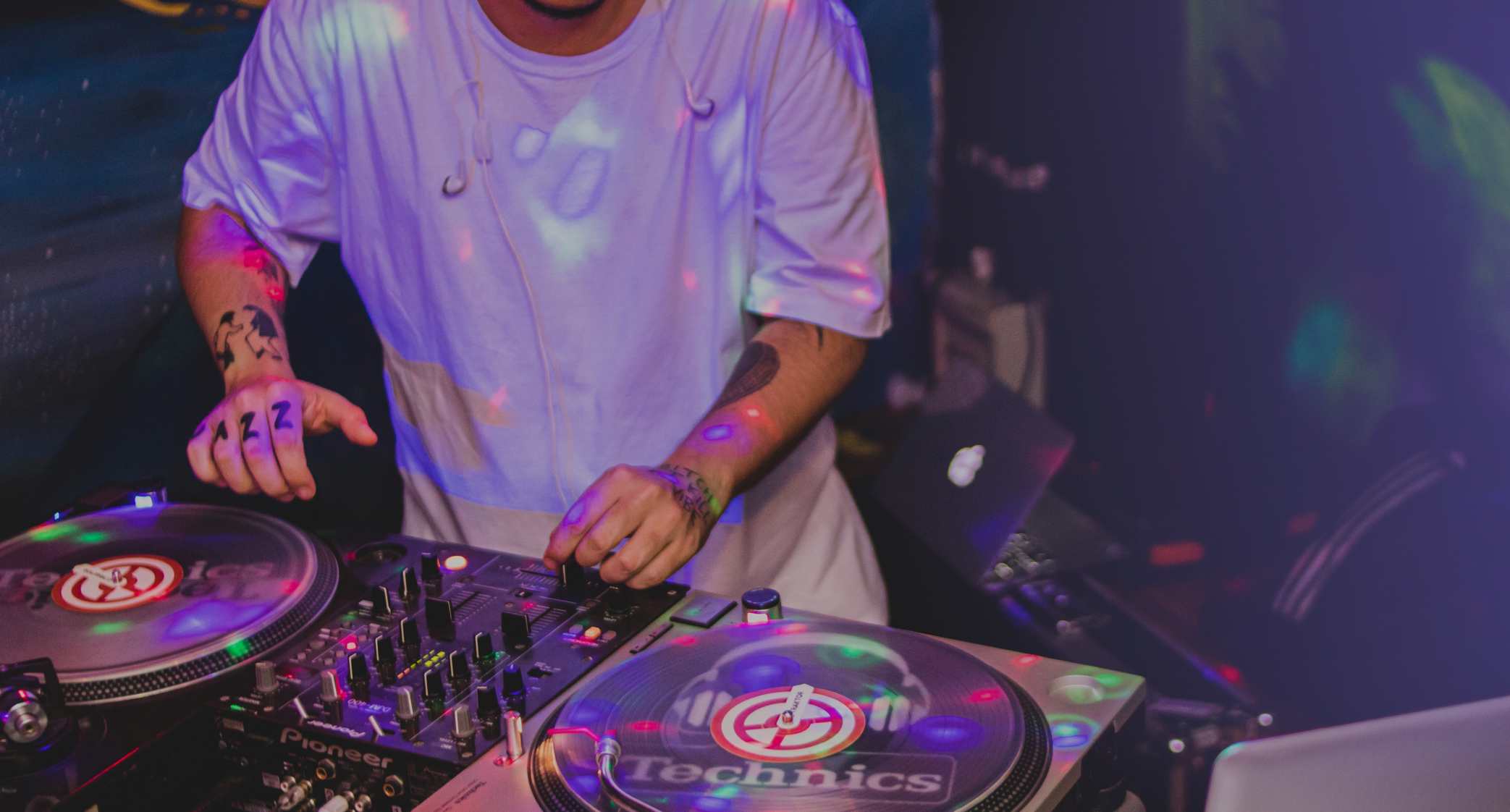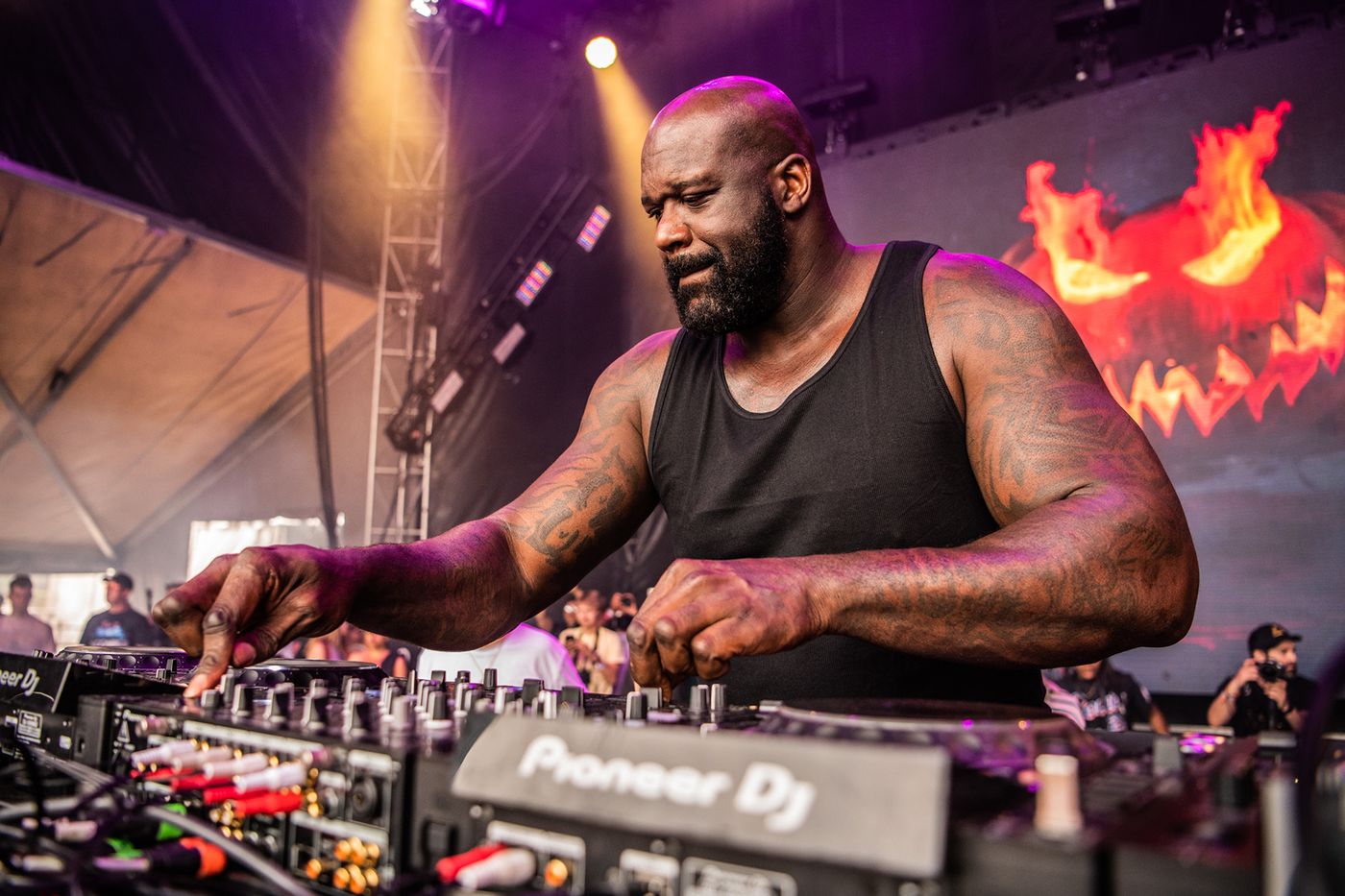Home>Production & Technology>DJ>What Does DJ Mean
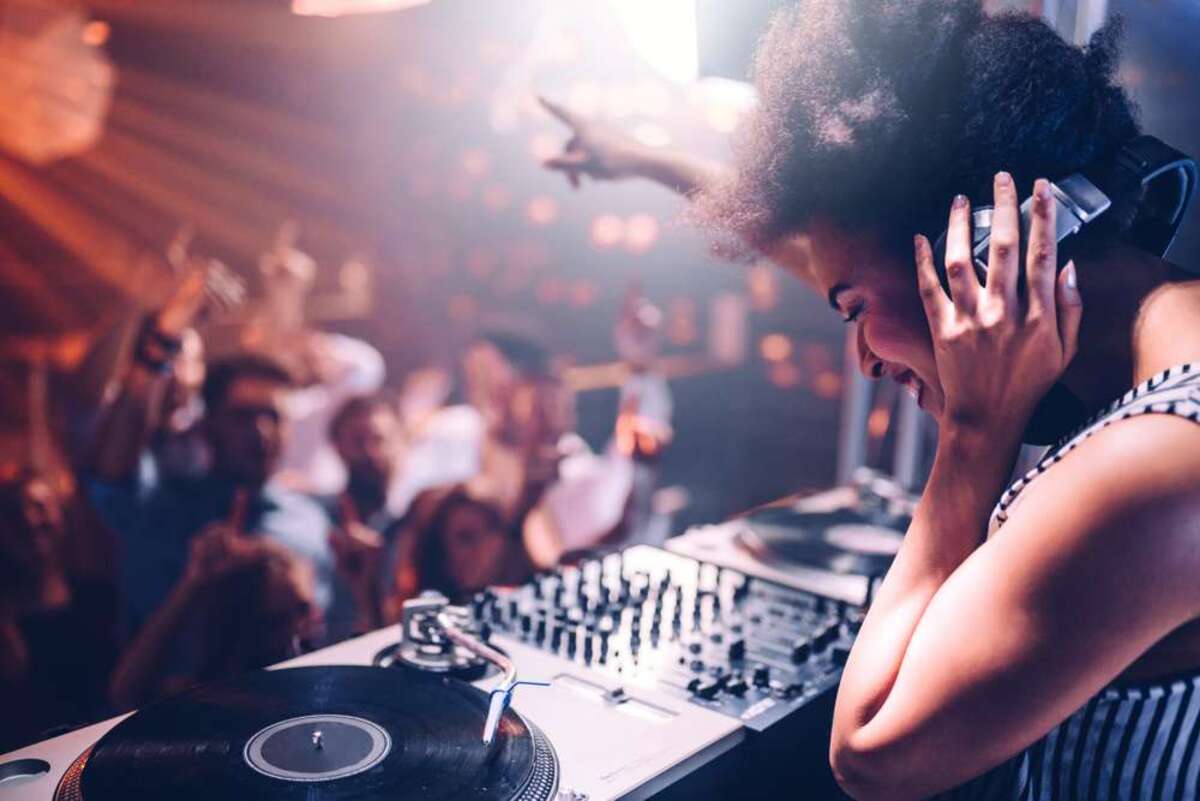

DJ
What Does DJ Mean
Published: March 4, 2024
Discover the meaning of DJ, its origins, and its role in the music industry. Learn about the skills and equipment needed to become a successful DJ.
(Many of the links in this article redirect to a specific reviewed product. Your purchase of these products through affiliate links helps to generate commission for AudioLover.com, at no extra cost. Learn more)
Definition of DJ
A DJ, short for disc jockey, is a skilled artist who mixes and plays recorded music for an audience. The term "disc jockey" originated in the early 1930s when radio personalities began playing phonograph records on the air. Today, DJs are prevalent in various settings, including nightclubs, music festivals, weddings, and private events.
A DJ's primary responsibility is to curate a seamless and engaging musical experience for their audience. They achieve this by blending and transitioning between tracks, creating a continuous flow of music that keeps the energy high and the crowd moving. DJs are not just music players; they are conductors of the atmosphere, using their expertise to gauge the crowd's mood and respond with the perfect selection of tracks.
In addition to mixing music, DJs often serve as emcees, guiding the audience through the event and making announcements as needed. Their ability to read the room and adapt to the vibe of the crowd is a crucial aspect of their role, ensuring that the music resonates with the audience and keeps them captivated.
Furthermore, DJs are adept at using various equipment and software to manipulate and enhance the music they play. From turntables and mixers to digital controllers and specialized software, DJs leverage a range of tools to craft their sonic tapestries and elevate the listening experience.
Overall, a DJ is a multifaceted artist who possesses a deep understanding of music, technology, and crowd dynamics. Their ability to blend tracks seamlessly, engage the audience, and create an electrifying atmosphere sets them apart as masters of musical entertainment.
History of DJing
The history of DJing is a captivating journey that intertwines technological innovation, cultural evolution, and the pioneering spirit of music enthusiasts. It all began in the late 19th century when the phonograph, invented by Thomas Edison, revolutionized the way music was experienced. This groundbreaking technology allowed for the recording and playback of audio, laying the foundation for the art of DJing.
Fast forward to the 1940s and 1950s, when radio DJs emerged as influential tastemakers, introducing new music to eager listeners and shaping popular culture. These early disc jockeys, such as Alan Freed and Wolfman Jack, played a pivotal role in bringing rock and roll to the masses, sparking a musical revolution that reverberated across the globe.
The 1970s marked a significant turning point in the history of DJing, as the emergence of hip-hop and electronic dance music (EDM) paved the way for a new breed of DJs. In the South Bronx, DJs such as Kool Herc and Grandmaster Flash pioneered the art of turntablism, using multiple turntables to extend and remix breaks, giving birth to the genre of hip-hop and laying the groundwork for modern DJ techniques.
Simultaneously, in underground clubs and warehouses, DJs in New York, Chicago, and Detroit were experimenting with electronic sounds, blending disco, funk, and synthesizers to create the pulsating rhythms of what would become known as house and techno music. Visionary DJs like Larry Levan and Frankie Knuckles became synonymous with the burgeoning dance music movement, shaping the sonic landscape of the future.
The 1980s and 1990s witnessed the rise of the superstar DJ, as artists such as DJ Jazzy Jeff, Carl Cox, and Paul Oakenfold gained international acclaim for their electrifying performances and boundary-pushing productions. The advent of digital technology further transformed the DJing landscape, with the introduction of CDJs, digital controllers, and computer-based DJ software opening up new creative possibilities for artists.
In the 21st century, the art of DJing continues to evolve, fueled by technological advancements and a global interconnectedness that allows DJs to reach audiences across continents. From vinyl purists who cherish the warmth and authenticity of analog records to digital mavens who harness the power of software and streaming platforms, the diverse tapestry of DJ culture reflects a rich tapestry of innovation, creativity, and sonic exploration.
The history of DJing is a testament to the enduring power of music and the indomitable spirit of those who push the boundaries of sonic expression. As the art form continues to evolve, one thing remains certain: the legacy of DJing will continue to inspire and captivate music lovers for generations to come.
Role of a DJ
The role of a DJ extends far beyond simply playing music; it encompasses a dynamic array of responsibilities that are essential to creating an unforgettable musical experience. At the heart of their role, DJs are orchestrators of atmosphere, using their expertise to craft a seamless sonic journey that resonates with their audience. Whether performing at a nightclub, music festival, wedding, or private event, the DJ's impact is profound, shaping the mood and energy of the space through their musical selections and adept crowd interaction.
One of the primary functions of a DJ is to read the room and gauge the pulse of the audience. By keenly observing the crowd's response to different tracks and genres, a skilled DJ can tailor their playlist to maintain an electrifying atmosphere, ensuring that the energy remains high and the dance floor stays packed. This ability to connect with the audience on a visceral level is a hallmark of a talented DJ, as they intuitively understand how to elevate the collective experience through music.
In addition to curating the musical journey, DJs often serve as emcees, guiding the audience through the event with announcements, introductions, and seamless transitions between sets. Their skillful use of the microphone and engaging stage presence can further enhance the overall experience, creating a sense of cohesion and flow throughout the event.
Moreover, the technical prowess of a DJ is paramount to their role, as they expertly manipulate and blend tracks using a variety of equipment and software. From beatmatching and crossfading to incorporating live remixing and effects, DJs harness a range of tools to create a cohesive and dynamic sonic tapestry. Their proficiency with turntables, mixers, digital controllers, and specialized software empowers them to sculpt the music in real time, adding a layer of artistry and spontaneity to their performances.
Furthermore, a DJ's role extends to creating a sense of anticipation and excitement, building momentum throughout their set to keep the audience engaged and enthralled. By strategically pacing the music, incorporating peaks and valleys, and introducing unexpected twists and turns, DJs craft a narrative that captivates the audience and leaves them eagerly anticipating each new sonic revelation.
In essence, the role of a DJ is multifaceted and dynamic, encompassing elements of musical curation, crowd engagement, technical proficiency, and storytelling. Through their artistry and intuition, DJs have the power to elevate any event, leaving an indelible impression on their audience and shaping the collective memories of the musical journey.
Types of DJs
DJs are a diverse and multifaceted group, each bringing their unique style and expertise to the art of musical performance. From club DJs who ignite dance floors with pulsating beats to radio DJs who captivate listeners with their charismatic personalities, the world of DJing encompasses a rich tapestry of talent and specialization. Here are some of the most prominent types of DJs:
-
Club DJ: Known for their electrifying performances in nightclubs, these DJs are masters of reading the crowd and curating a high-energy atmosphere. Their seamless mixes and expertly crafted transitions keep the dance floor pulsating, drawing revelers into a collective sonic experience that transcends the ordinary.
-
Radio DJ: With a gift for captivating storytelling and a deep knowledge of music, radio DJs entertain and inform listeners with engaging banter and carefully curated playlists. Whether hosting a morning show or an evening program, these DJs are the voice of the airwaves, shaping the musical tastes of their audience and providing a soundtrack for daily life.
-
Turntablist: Renowned for their technical prowess and innovative use of turntables, turntablists are true virtuosos of the DJ craft. They push the boundaries of sonic manipulation, using scratching, beat juggling, and other advanced techniques to create mind-bending performances that showcase the full potential of the turntable as a musical instrument.
-
Mobile DJ: Specializing in private events such as weddings, corporate gatherings, and parties, mobile DJs possess the versatility to cater to diverse audiences and musical preferences. Their ability to seamlessly transition between genres and engage with event attendees makes them indispensable purveyors of memorable experiences.
-
Producer/DJ: Blurring the lines between DJ and music producer, these artists create original tracks and remixes while showcasing their creations in live DJ sets. Their intimate understanding of music production allows them to seamlessly integrate their own compositions into their performances, adding a unique dimension to their DJ sets.
-
Resident DJ: Embodying the spirit of a venue and becoming synonymous with its identity, resident DJs hold a special place in the nightlife ecosystem. Whether at a renowned nightclub, a trendy lounge, or a bustling bar, these DJs curate a consistent vibe that keeps patrons coming back for more, becoming integral to the venue's allure.
-
Celebrity DJ: Often established musicians or public figures in their own right, celebrity DJs bring star power to their performances, drawing large crowds and commanding substantial fees for their appearances. Their ability to leverage their existing fame and musical talent makes them sought-after headliners for festivals, exclusive events, and high-profile venues.
Each type of DJ brings a distinct flavor to the world of music, contributing to the rich tapestry of sounds and experiences that define DJ culture. Whether igniting dance floors, captivating audiences over the airwaves, or shaping the sonic landscape with groundbreaking performances, DJs continue to push the boundaries of creativity and innovation, leaving an indelible mark on the global music scene.
Skills required to be a DJ
Becoming a successful DJ requires a diverse skill set that extends far beyond the ability to play music. It encompasses a deep understanding of music theory, technical proficiency with equipment, and an intuitive grasp of crowd dynamics. Here are the essential skills that set exceptional DJs apart:
-
Musical Knowledge: A DJ must possess a comprehensive understanding of music across genres and eras. This includes recognizing musical structures, understanding rhythm and tempo, and having a keen ear for harmonic blending. A deep knowledge of music history and trends allows DJs to curate diverse and engaging playlists that resonate with their audience.
-
Beatmatching and Mixing: The skill of beatmatching, aligning the tempos of two tracks for seamless transitions, is fundamental to DJing. Additionally, the ability to mix tracks harmonically, ensuring that the musical keys complement each other, creates a cohesive and enjoyable listening experience.
-
Technical Proficiency: DJs must be adept at using a variety of equipment, including turntables, CDJs, mixers, and digital controllers. Familiarity with DJ software and the ability to navigate different interfaces is crucial for crafting dynamic and captivating performances.
-
Reading the Crowd: A keen understanding of crowd dynamics is essential for a DJ to gauge the mood of the audience and adjust their set accordingly. Being able to anticipate the crowd's response to different tracks and genres allows for seamless adaptation and ensures an electrifying atmosphere.
-
Stage Presence: Effective communication and engaging stage presence are vital for connecting with the audience. Whether through confident microphone use or nonverbal cues, a DJ's ability to interact with the crowd enhances the overall experience and fosters a sense of connection.
-
Creativity and Adaptability: Exceptional DJs possess a creative flair that allows them to craft unique and memorable performances. They can adapt to unexpected situations, improvise on the fly, and introduce innovative elements into their sets, keeping the audience captivated.
-
Technical Troubleshooting: In the fast-paced environment of live performances, technical issues may arise. A skilled DJ is proficient in troubleshooting equipment malfunctions, ensuring that the music never falters and the energy of the event remains uninterrupted.
-
Business Acumen: For professional DJs, understanding the business side of the industry is crucial. This includes marketing oneself, negotiating contracts, and managing bookings effectively.
In essence, the skills required to be a DJ encompass a blend of musical expertise, technical proficiency, emotional intelligence, and entrepreneurial acumen. Mastering these skills empowers DJs to create transformative musical experiences, leaving a lasting impression on their audience and shaping the cultural landscape of music and entertainment.

